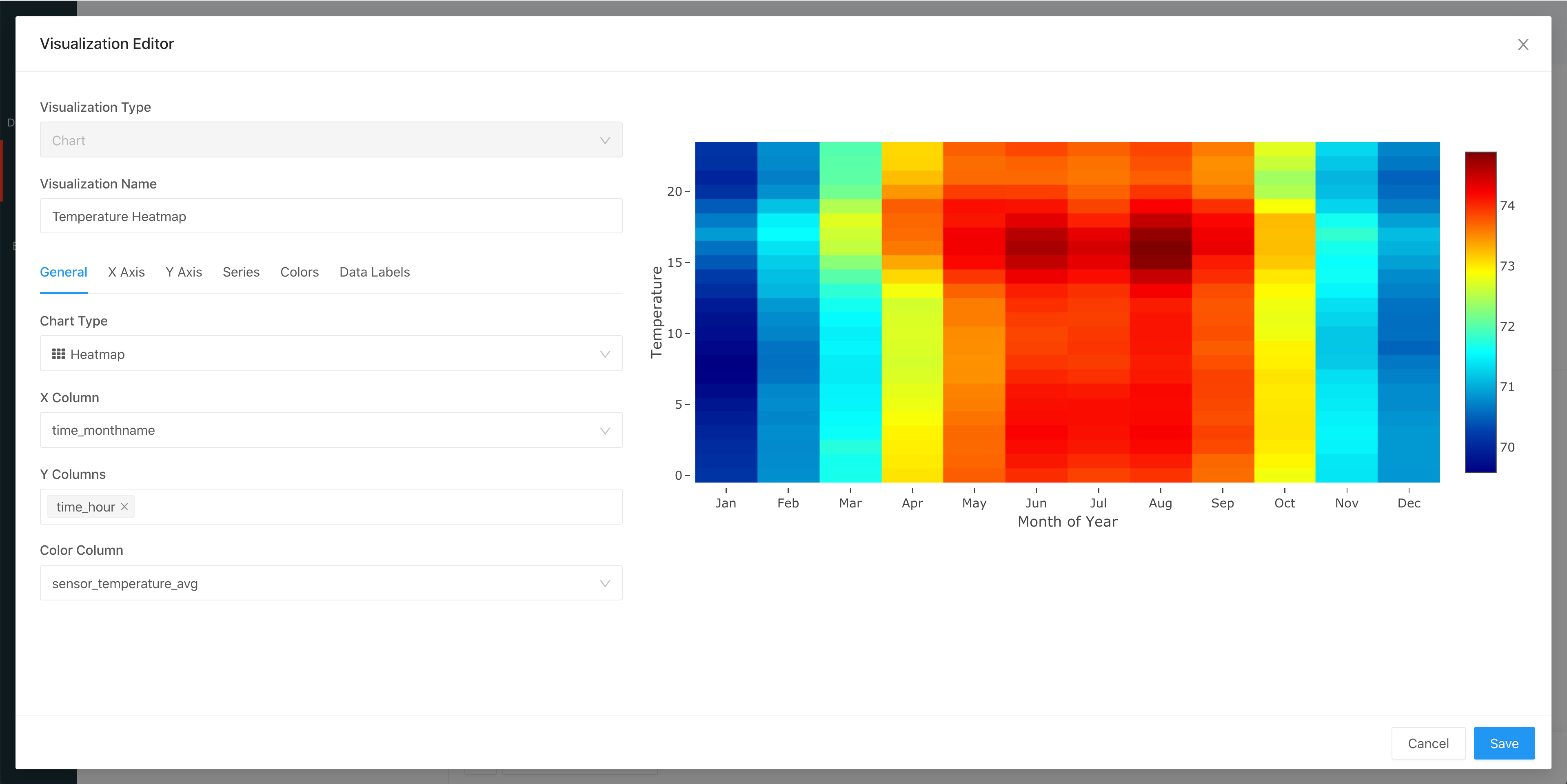Databricks launches SQL Analytics
AI and data analytics company Databricks today announced the launch of SQL Analytics, a new service that makes it easier for data analysts to run their standard SQL queries directly on data lakes. And with that, enterprises can now easily connect their business intelligence tools like Tableau and Microsoft’s Power BI to these data repositories as well.
SQL Analytics will be available in public preview on November 18.
In many ways, SQL Analytics is the product Databricks has long been looking to build and that brings its concept of a ‘lake house’ to life. It combines the performance of a data warehouse, where you store data after it has already been transformed and cleaned, with a data lake, where you store all of your data in its raw form. The data in the data lake, a concept that Databrick’s co-founder and CEO Ali Ghodsi has long championed, is typically only transformed when it gets used. That makes data lakes cheaper, but also a bit harder to handle for users.
“We’ve been saying Unified Data Analytics, which means unify the data with the analytics. So data processing and analytics, those two should be merged. But no one picked that up,” Ghodsi told me. But ‘lake house’ caught on as a term.
“Databricks has always offered data science, machine learning. We’ve talked about that for years. And with Spark, we provide the data processing capability. You can do [extract, transform, load]. Thas always been possible. SQL Analytics enables you to now do the data warehousing workloads directly, and concretely, the business intelligence and reporting workloads, directly on the data lake.”
The general idea here is that with just one copy of the data, you can enable both traditional data analyst use cases (think BI) and the data science workloads (think AI) Databricks was already known for. Ideally, that makes both use cases cheaper and simpler.
The service sits on top of an optimized version of Databricks’ open-source Delta Lake storage layer to enable the service to quickly complete queries. In addition, Delta Lake also provides auto-scaling endpoints to keep the query latency consistent, even under high loads.
While data analysts can query these data sets directly, using standard SQL, the company also built a set of connectors to BI tools. Its BI partners include Tableau, Qlik, Looker and Thoughtspot, as well as ingest partners like Fivetran, Fishtown Analytics, Talend and Matillion.
“Now more than ever, organizations need a data strategy that enables speed and agility to be adaptable,” said Francois Ajenstat, Chief Product Officer at Tableau. “As organizations are rapidly moving their data to the cloud, we’re seeing growing interest in doing analytics on the data lake. The introduction of SQL Analytics delivers an entirely new experience for customers to tap into insights from massive volumes of data with the performance, reliability and scale they need.”
In a demo, Ghodsi showed me what the new SQL Analytics workspace looks like. It’s essentially a stripped-down version of the standard code-heavy experience that Databricks users are familiar with. Unsurprisingly, SQL Analytics provides a more graphical experience that focuses more on visualizations and not Python code.
While there are already some data analysts on the Databricks platform, this obviously opens up a large new market for the company — something that would surely bolster its plans for an IPO next year.



